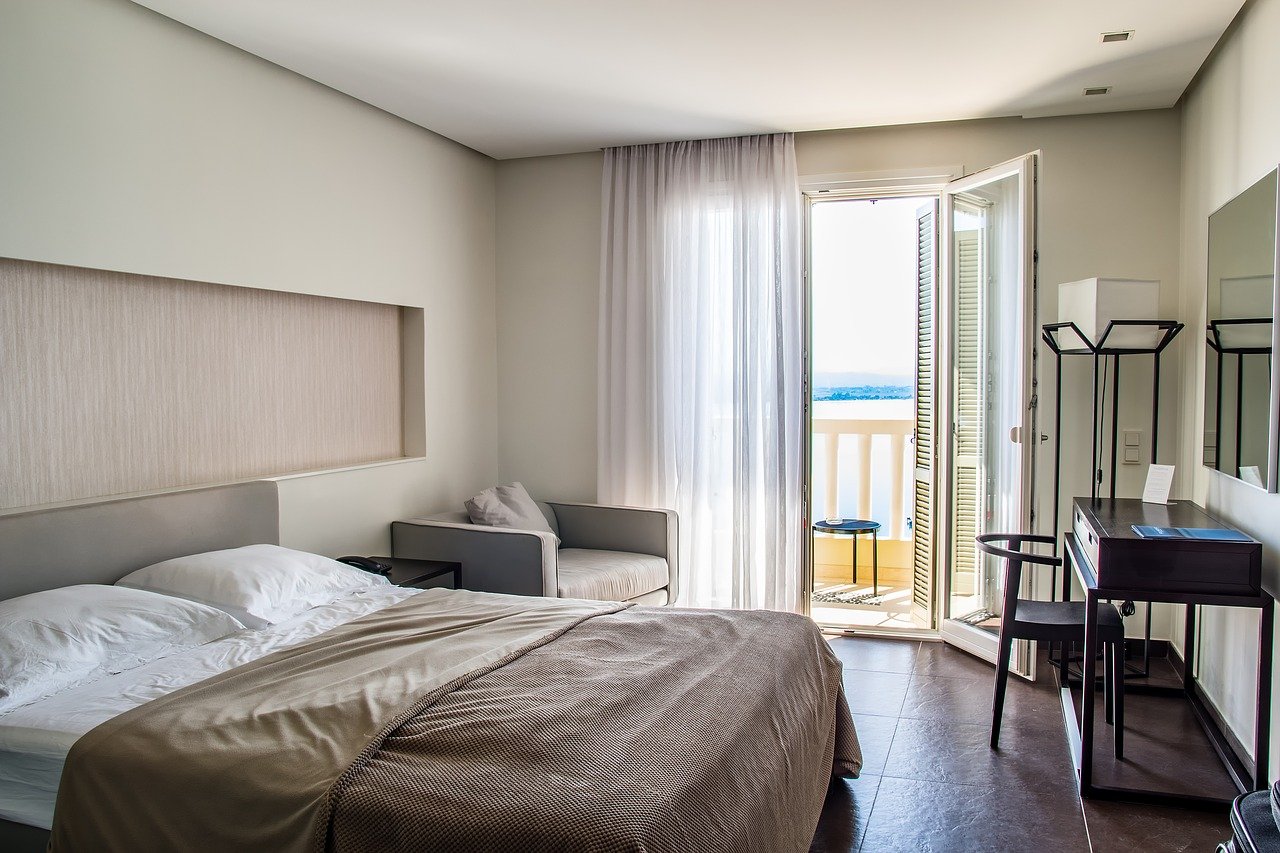
Hotel
In the ever-evolving landscape of the hospitality industry, hotels are constantly seeking innovative ways to enhance guest experiences. With the advent of smart technologies, hotels now have the opportunity to create truly personalized and memorable stays for their guests.
From automated check-ins to in-room voice assistants, these advancements are revolutionizing the way hotels operate. In this article, we will explore the various ways in which hotels can embrace smart technologies to deliver exceptional and tailored experiences.
Automated Personalized Check-ins
Streamlining the check-in process is crucial for creating a positive first impression. With smart technologies, hotels can implement automated check-in systems that use facial recognition or mobile app integration. This not only expedites the check-in process but also allows hotels to personalize the welcome experience based on guests’ preferences, ensuring a warm and tailored greeting.
According to a CEOWORLD Magazine article, implementing an online check-in system is tremendously beneficial to both guests and hotel employees. With online check-ins, visitors can bypass the front desk altogether by checking in remotely, enabling them to proceed directly to their room to unwind after their travel.
Smart Room Controls for Customized Comfort
Smart room controls enable guests to personalize their environment with ease. From adjusting the lighting and temperature to selecting preferred music or aromas, these intelligent systems create a customized ambiance that caters to individual preferences.
According to a blog article by Top Hotel News, great lighting can perfectly complement an interior design, giving guests maximum comfort whether they are resting or working. LED lighting, when combined with smart controls, has the potential to improve visitors’ experiences from the minute they enter their room.
AI-Powered Virtual Assistants
Integrating artificial intelligence (AI) assistants, such as chatbots or voice-activated devices, into hotel rooms enhances guest interactions and convenience. These AI-powered assistants can provide information, answer queries, and offer recommendations on demand.
Moreover, AI assistants can learn from guest interactions and preferences, continuously improving their responses and recommendations over time. By leveraging machine learning algorithms, these virtual assistants can identify patterns in guest behavior, anticipate needs, and offer tailored suggestions.
By leveraging AI technology, hotels can deliver instant and personalized services, ensuring guests have all the information and assistance they need right at their fingertips.
Hyper-Personalized Recommendations
Smart technologies allow hotels to gather guest data and analyze it to offer hyper-personalized recommendations and experiences. By leveraging guest preferences, past bookings, demographic information, and even real-time data, hotels can curate customized suggestions that go beyond the ordinary.
Whether it’s recommending off-the-beaten-path attractions, arranging unique local experiences, or suggesting personalized amenities, these tailored recommendations create truly memorable moments and leave a lasting impression on guests.
Immersive In-Room Entertainment
According to Allbridge, hotels can provide guests with smart TVs that are equipped with advanced connectivity options for an immersive in-room entertainment experience. High-definition screens, streaming services, and voice-controlled systems enable guests to access their favorite content easily.
Another prominent smart technology option these days is hotel casting. It allows guests to stream their preferred content from personal devices to the in-room television. By leveraging technologies like Google Chromecast or Apple AirPlay, guests can access their favorite movies, shows, or music directly on the TV screen, providing a familiar and personalized entertainment experience.
Seamless Digital Guest Services
Smart technologies enable hotels to offer seamless digital guest services. Mobile apps can act as digital concierges, allowing guests to access a range of services, such as requesting housekeeping or booking spa treatments. This contactless approach enhances convenience and efficiency, providing guests with a frictionless and personalized experience throughout their stay.
Furthermore, The Daily Illini highlights in an article that automating tasks like room service requests allows hotel staff to allocate their time and efforts to more value-added activities. This automation further enhances the overall guest experience, enabling staff members to focus on delivering exceptional service and creating memorable moments for guests.
Final Thoughts
Smart technologies in the hospitality industry offer hotels a transformative opportunity to provide personalized and exceptional experiences for guests. Automation and streamlined processes enhance efficiency, saving time for both guests and staff. Smart room controls empower guests to customize their environment, ensuring a comfortable stay.
AI-powered virtual assistants offer on-demand information and assistance, continuously improving based on guest interactions. Leveraging guest data enables hotels to provide hyper-personalized recommendations and curated experiences beyond expectations. Immersive in-room entertainment options cater to individual preferences, while seamless digital guest services enhance convenience and elevate the overall experience.
Embracing these smart technologies allows hotels to redefine hospitality, leaving a lasting impression and fostering guest loyalty in a highly competitive industry.






